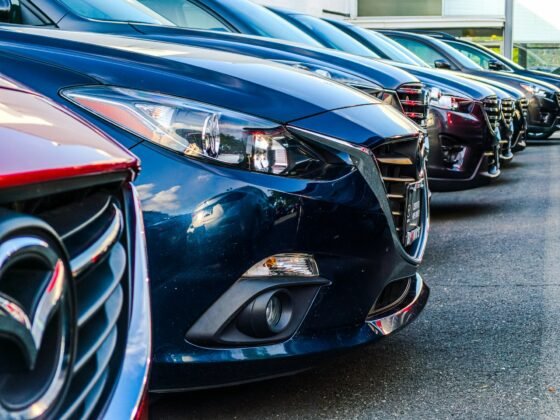Credit:Pixabay
If you are blessed with a family that loves to travel and visits faraway places, then you are a lucky soul. Not only do you get to experience priceless moments during your vacation, but you also get to save a ton of money thanks to all the discounts that travel-friendly families can enjoy. However, spending days on the road with your family can be hard work.
How do you ensure that your vacation gets off to a great start? How do you ensure that everyone is relaxed and in good spirits? Here are seven tips for an enjoyable road trip:
Tip 1: Plan everything
You need to figure out the “who, what, when, where and how,” not just for yourself but also for the whole family. Plan where you are going to eat, where you are going to stay (if you are staying in a motel/hotel), and of course, the best route to take. There will be little or no surprises if you plan ahead. When everyone knows exactly what to expect, it is easier for your family members to relax and enjoy the journey.
Tip 2: Keep your vehicle in top condition and well-stocked
A car in disrepair will cause delays. Even the best of us need repairs from time to time, so keep a well-stocked toolbox (communication gadgets such as a handheld cb radio are vital here) in the back of your car. Also keep a full gas tank, as well as extra water and snacks for emergencies. A flat tire or running out of gas on a highway is not only inconvenient — it costs money.
How to keep your car in top condition:
1. Keep tires inflated to recommended pressure
2. Change the oil and filter every 3,000 miles (3 months)
3. Check fluid levels monthly
4. Get an oil change annually or when specified by your vehicle’s manufacturer
5. Grease all fittings, hinges and joints at least twice a year
6. Change the air filter monthly or each time you get your oil changed
Tip 3: Don’t rush
Yes, that’s right. This tip is kind of ironic considering that this is a “Tips for an Easygoing Road Trip” guide. But for those of us with kids in the vehicle, we know it doesn’t help if you keep checking the rearview mirror saying “How much longer? How much longer?” And when you are feeling rushed, you tend to make decisions that you regret later.
Tip 4: Remember the “limitless bag” hack
The trick behind how to best pack for a road trip is to remember the ‘limitless bag’ hack, which involves putting everything in a big bag and sorting what you need from there. For example, place all the clothes you plan on wearing into one bag and leave other things in their places at home so that you don’t have to throw everything together at the last minute.
No matter how organized you plan to be, it’s always a good idea to bring an extra set of clothes (including shoes). If you get caught in a rainstorm or spill something on yourself, many stores aren’t open once you get out on the road anyway. As part of your ‘limitless bag’ hack, try putting your dirty clothes in plastic bags so they don’t make a mess of your clean things.
Tip 5: Try long days, not long miles
If you’re planning a family road trip this summer, start with a plan to spend more time away from home than driving there.
This tip might seem counterintuitive, but it calls for a creative spin on the ol’ standard vacation.
Here’s how to bring it off:
The total driving distance you’re willing to cover is your baseline — say, 350 miles. Then, determine how many hours you’d like to spend driving by adding together the estimated travel time for each leg of the trip. (To make this quick and easy, multiply the miles in each leg by the estimated speed in miles per hour, then add all totals.)
Let’s say you want to drive 350 miles in 5 hours each way. That means it will take 350 x (60 / 5) = 350 x 12 = 4200 minutes or 72 hours of driving time. If you want to spend 6 hours away from home, then you have enough time for a 2-night road trip, so subtract 2 days from your total. This leaves 70 hours — time enough to get away and get back in one 3-day weekend (with some wiggle room for weather delays and other surprises).
Total driving distance: 350 miles
Total time: 72 hours (5 hours both ways x 2 legs)
In this example, because you are spending more time away from home than driving there, staying at a hotel is actually less expensive than renting a camper or a trailer.












